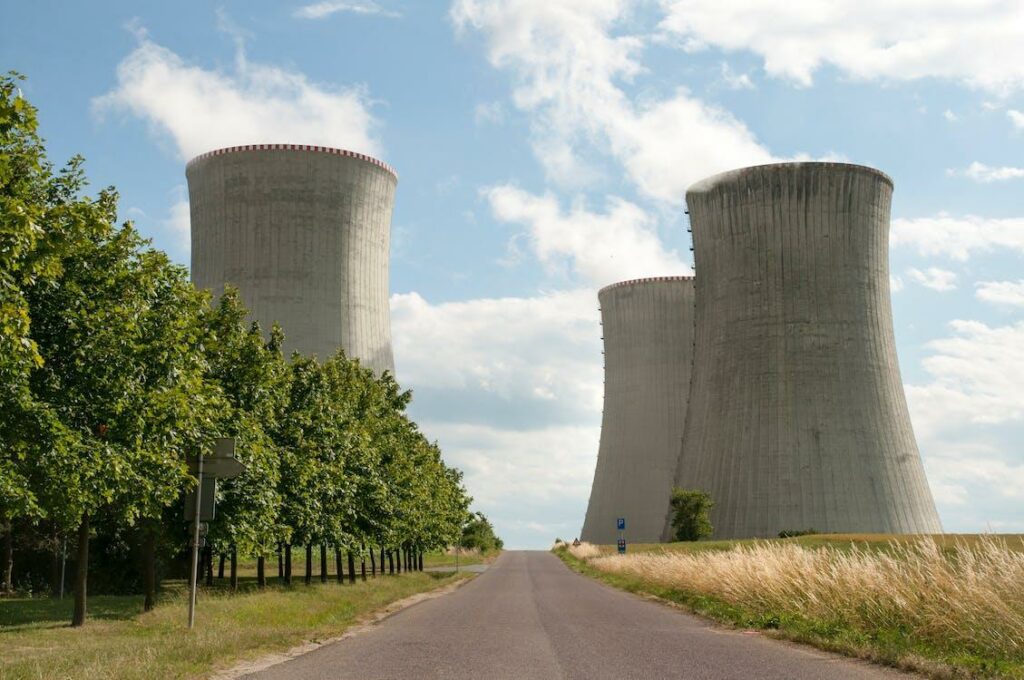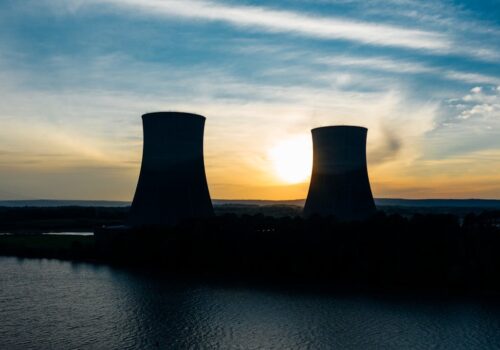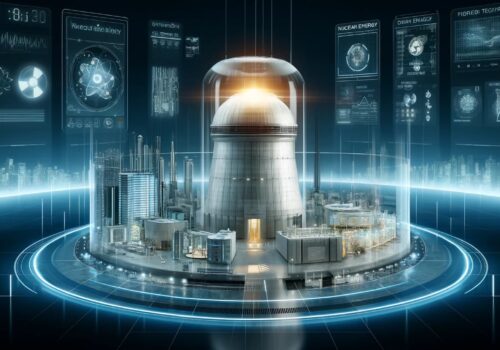The Sustainability of Nuclear Energy
Nuclear energy has been one of the major sources of power in many developed countries across the world. In recent years, it has been recommended and rated as the cleanest energy that will benefit the environment and fit into sustainable goals.
Since its adoption in many regions of the world, there have been opinions countering the claim that nuclear energy is sustainable. So the question many ask is — is nuclear energy sustainable? The answer is yes. Nuclear energy is sustainable, and this claim is based on sound reasons.
Sustainable or Renewable?
Sustainability is used when a resource is available in a sufficient amount that guarantees long-term use. A sustainable resource has been available for some time and can be maintained within a time frame in human history.
Conversely, something renewable is always going to be available. It’s a type of resource that renews itself. Such types of resources occur naturally and are replenished naturally over time.
While nuclear energy is not totally believed to be renewable, the amount available, according to research, is sufficient for it to be considered a sustainable energy source.
Quantity Available
Going by the definition of sustainability, the quantity of Uranium available is sufficient for thousands of years. With new technologies and methods emerging, the existing Uranium available in many sites will produce up to 10 trillion kWh/year. With this amount of production and the right policy in place to control the use, nuclear energy can be sustained for generations.
Beyond Sustainability
Beyond sustainability, there are speculations that Uranium is renewable. Some recent researches show that Uranium present in seawater is not only abundant but also renewable. In simple terms, dissolved materials and chemical reactions between rocks and water produce elements that help the water body continuously produce Uranium in good amounts. In fact, the rate at which water bodies replenish this fuel is greater than humans can extract. The discovery of Uranium in water is also a good alternative to mining. And with advanced technology, extraction of this fuel from water is now becoming more available and economical.

Nuclear Energy and Sustainability Goals
Every day, pioneers of sustainable development keep striving to ensure widely used resources conform with new practices geared towards environmental and societal goals. One of the key goals of environmental sustainability is to avoid any form of energy source that affects the environment negatively. True, there was a period when the method of mining Uranium affected the environment. However, new methods have made the mining of Uranium safe and clean. The process of using this energy source to create nuclear energy is clean and free of damaging emissions.
The issue of nuclear waste remains a problem that needs to be addressed. Radioactive waste generated from nuclear plants is no doubt a concern. Several incidents in the past have shown that radioactive waste can cause severe damage to the environment. Progress has been made over the years with respect to such waste being managed. Modern technology now reduces the amount of final waste generated. And the newer generation of reactors will work more efficiently to reduce the final waste generated.
In the meantime, radioactive waste is carefully managed and stored to prevent environmental disasters. So far, radioactive waste accounts for about 1% of toxic waste. When better technology is deployed, the number is even reduced.
Experts often singled out that one key benefit of nuclear energy is air pollution. As a clean form of energy, nuclear power is recommended for nations as it helps them comply with the “clean air act.” Conventions on climate change have been stressing the need for nations to find a solution to emissions. And one of the major ways to achieve a significant result is to adopt clean energy, among other steps. Hence, the adoption of nuclear energy is an excellent choice for industrial nations. With nuclear power, air pollutants are completely out of the picture — meaning emissions injurious to health are avoided while systems in every society continue to function at the optimal level.
Availability
Nuclear energy availability isn’t limited to Uranium quantity. The process of using it as an energy source is quite costly. As a clean form of energy, many countries and corporations are looking to adopt it as energy. It’s even encouraged by environmental experts. However, the setup cost remains an issue. Even though the subsequent running cost is quite economical, starting can be quite a challenge.
In conclusion, it’s safe to say that nuclear energy is not only sustainable but renewable. This pure energy source will not only serve humans for generations to come. With innovations, it will become a naturally occurring resource with an unending supply.




